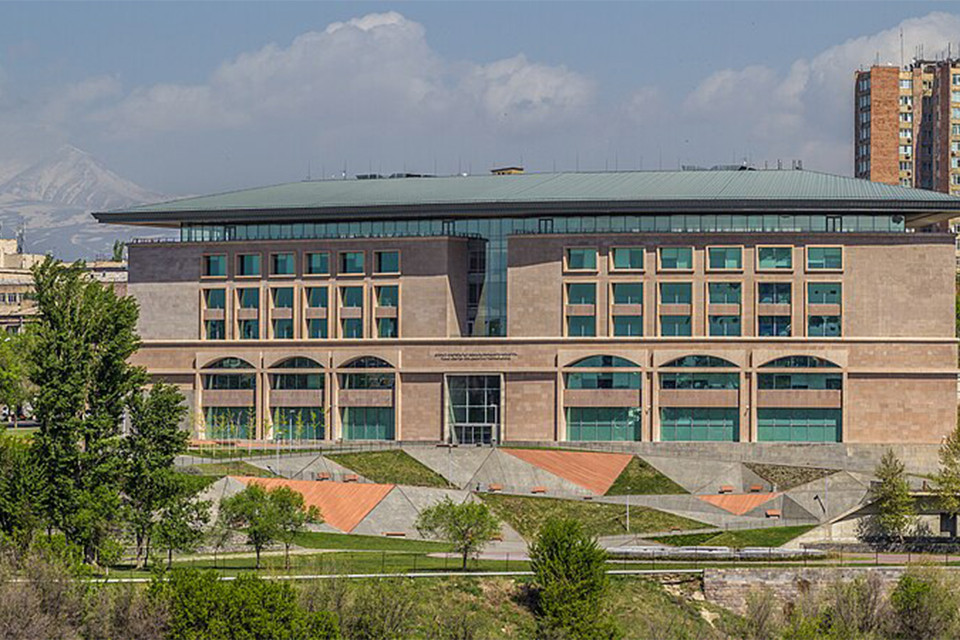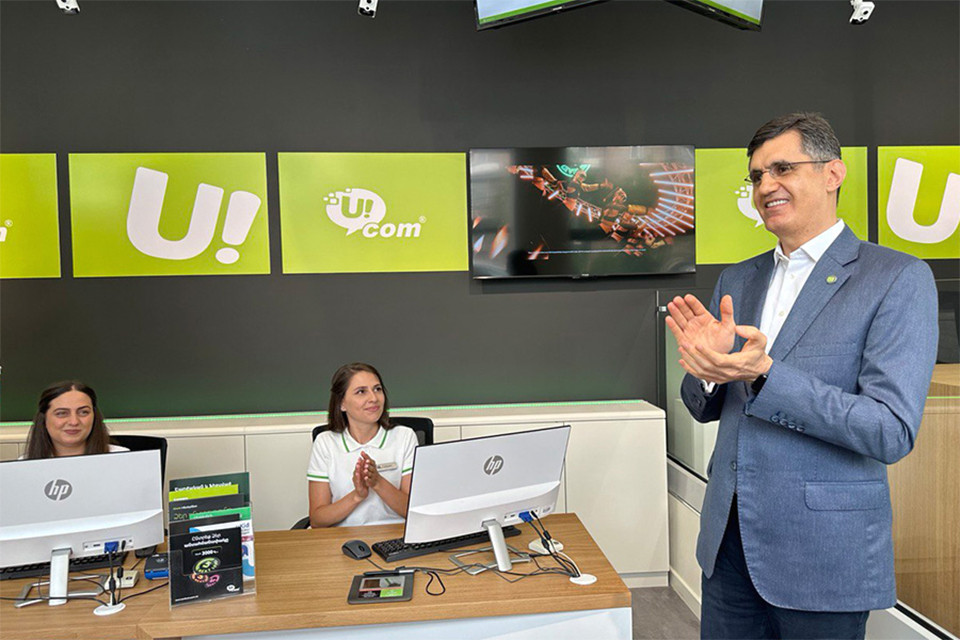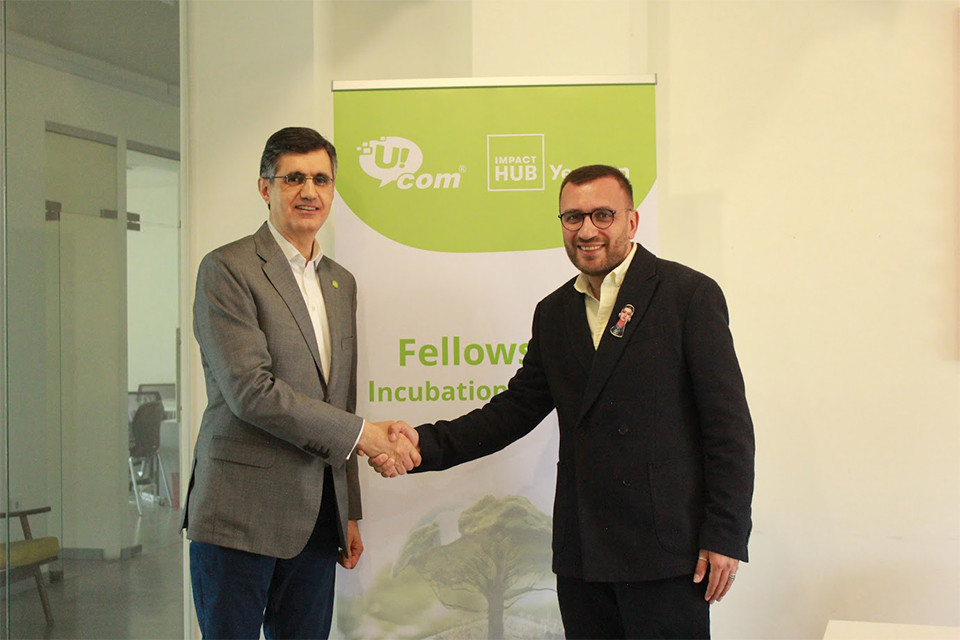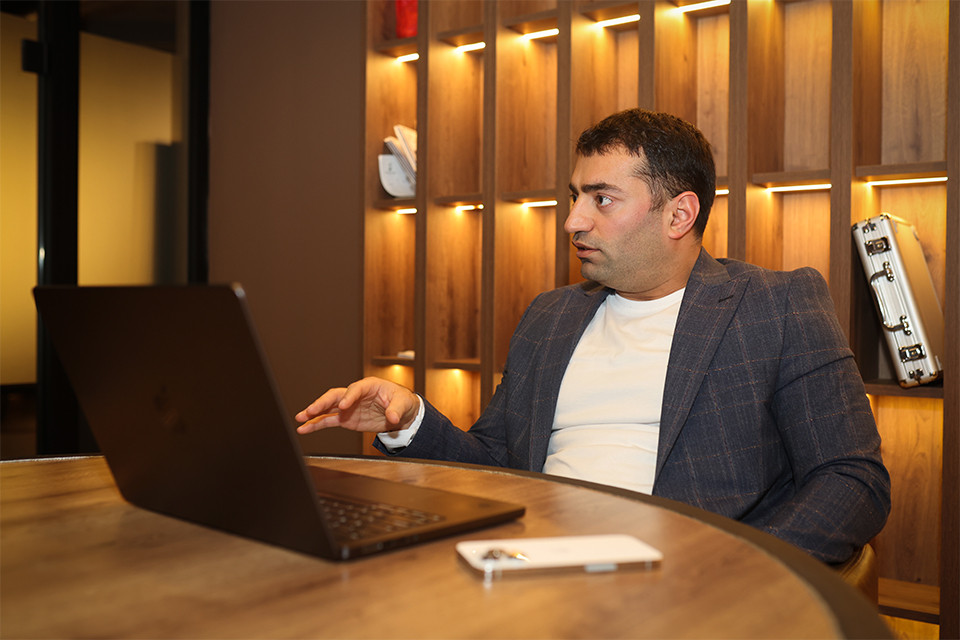The TUMO Center for Creative Technologies has been awarded a top prize in the prestigious 2023-24 Tools Competition, recognized for its outstanding work in artificial intelligence within the education sector.
Chosen from over 1,900 submissions, TUMO was honored in the competition’s highest category, backed by leading organizations such as OpenAI, the Bill and Melinda Gates Foundation, Schmidt Futures, and the Ballmer Group.
“We’re adopting and developing AI solutions on multiple levels,” said Pegor Papazian, TUMO’s Chief Development Officer. “We’re making our learning platform smarter, creating a generative AI curriculum as a new skill area, and integrating AI across all the tech and design disciplines we cover, from coding and game development to filmmaking and graphic design.”
The Tools Competition award will fund the development of TUMO’s AI Learning Coach. This innovative model will be trained on millions of hours of student data to create unique learning paths that maximize outcomes for each individual learner. The project team will experiment with various AI technologies and provide anonymized training data to researchers from Stanford AI Lab, Berkeley School of Education, and Carnegie Mellon University, supporting a range of complementary projects in AI and learning science.
TUMO's broader engagement with generative AI began with a global symposium on AI and education that TUMO held last September, coinciding with the launch of the tumo.ai website. The symposium featured contributions from representatives of major technology companies such as Google DeepMind, NVIDIA and Meta, researchers from institutions like MIT, Harvard, and USC, and thought leaders including Mitchel Resnick, Stephen Wolfram and Daron Acemoglu. This September, TUMO will present its approach to AI education at the UNESCO headquarters in Paris during Digital Learning Week.
“It’s essential to address ethics and safety when integrating powerful new technologies into the curriculum,” Papazian noted, reflecting on a key symposium insight. “However, a defensive approach to AI isn’t viable in underserved communities and in developing countries. We aim to equip young people with the deep technical insights that can empower them to participate in ecosystems of technology innovation.”










